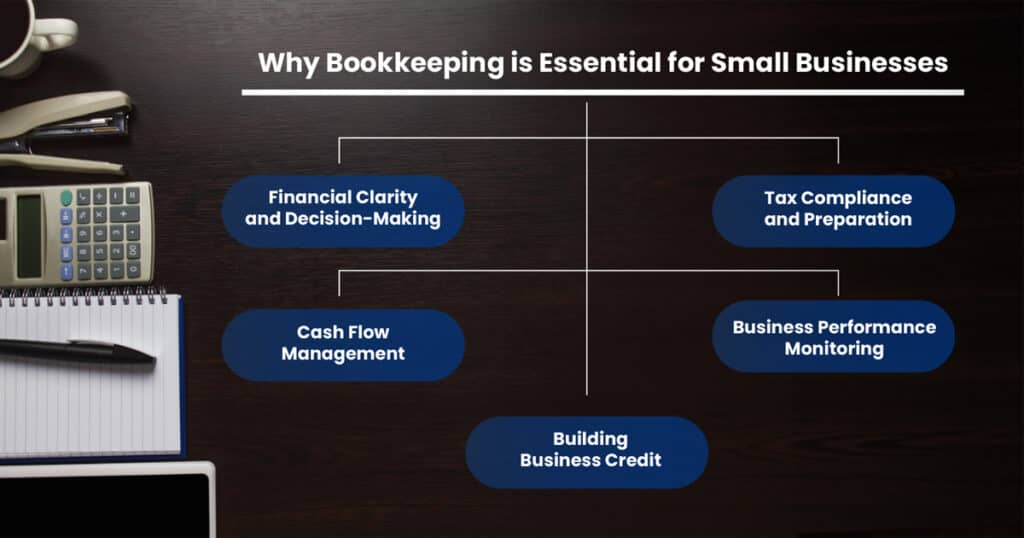7 Ways To Prepare Your Business For Recession

In times of economic downturn, lower consumer spending hits the balance sheets of small businesses especially hard. On top of that, a recession means that access to capital—already a challenge for small businesses—is even further constricted by tightened lending standards and persistently high borrowing costs.
The warning bells are sounding for America’s economy in 2024. While no one can predict the future with 100% certainty, there are many signs of recession on the horizon. CEOs of the largest corporations have been cutting employees and cutting spending as they point to softening consumer and corporate demand. Should small-business owners do the same?
While it is possible to safeguard small businesses from a recession while continuing to operate—and even grow in uncertain times, small business owners need to be proactive.
Focus On Access To Cash
In any economic environment, liquidity is the lifeblood of businesses, especially for small and medium-sized enterprises. A recession typically brings reduced consumer spending, leading to decreased revenue for many customer-facing businesses. Without sufficient cash reserves or access to funds, companies may struggle to meet their financial obligations, potentially forcing them to close their doors.
To mitigate the risks associated with economic downturns, business owners should consider implementing the following strategies:
- Increase cash flow monitoring frequency: Shift from monthly to weekly or even daily cash flow analysis.
- Enhance financial forecasting: Regularly update revenue projections and expense tracking to maintain an accurate picture of the company’s financial health.
- Establish emergency funds: Build a cash reserve to cover at least 3-6 months of operating expenses.
- Optimize inventory management: Maintain lean inventory levels to free up cash without compromising operations.
- Negotiate favorable terms: Work with suppliers and creditors to secure more flexible payment terms.
- Explore financing options: Investigate lines of credit or small business loans before they’re urgently needed.
- Cut non-essential expenses: Regularly review and trim unnecessary costs to improve cash flow.
By implementing these measures, business owners can gain better control over their financial position and make informed decisions to navigate the challenges of a recession. Proactive financial management is key to surviving and potentially thriving during economic downturns.
If this strikes a chord with you, you are one click away from finding a better path. https://www.freedomsgood.com/accounting





